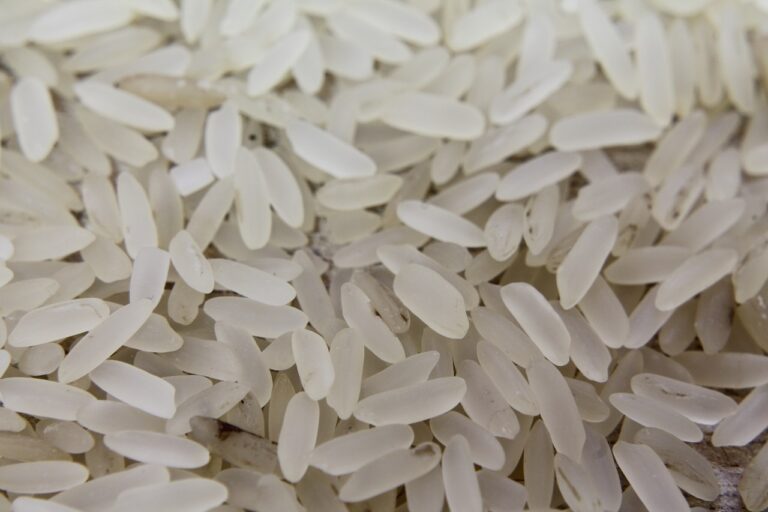The Impact of Food Insecurity on Mental and Physical Health
Food insecurity is a complex and pervasive issue that affects millions of individuals worldwide. It refers to the lack of consistent access to enough food for an active, healthy life. This can be a result of various factors such as limited financial resources, geographical location, and personal circumstances.
Individuals experiencing food insecurity often struggle to afford an adequate and nutritious diet, leading to compromised health and well-being. In some cases, food insecurity can result in malnutrition, obesity, and other health complications. Additionally, the impacts of food insecurity extend beyond physical health, affecting mental well-being and overall quality of life.
• Food insecurity is a widespread issue that impacts millions globally
• It refers to the lack of consistent access to enough food for a healthy life
• Factors contributing to food insecurity include limited financial resources and geographical location
• Individuals facing food insecurity often struggle to afford nutritious diets
• This can lead to health complications such as malnutrition and obesity
Link Between Food Insecurity and Mental Health
Food insecurity, characterized by the lack of consistent access to enough food for an active, healthy life, has been found to be closely linked with mental health concerns. Individuals experiencing food insecurity often face high levels of stress and anxiety due to the uncertainty of not having enough food to eat. This chronic stress can contribute to the development of mental health conditions such as depression and mood disorders.
Moreover, food insecurity can impact cognitive function, making it difficult for individuals to concentrate, learn, and retain information. Children from food-insecure households may struggle academically, leading to feelings of inadequacy and low self-esteem. The psychological impact of not having reliable access to nutritious food can have far-reaching consequences on an individual’s overall mental well-being.
Link Between Food Insecurity and Physical Health
Food insecurity can have profound impacts on physical health. When individuals do not have consistent access to an adequate and nutritious diet, they are at an increased risk for various health issues. This lack of food security can lead to malnutrition, obesity, diabetes, and cardiovascular disease.
Additionally, food insecurity can also result in deficiencies in essential nutrients such as vitamins and minerals. These deficiencies can weaken the immune system, making individuals more susceptible to infections and illnesses. Chronic conditions associated with food insecurity can not only affect the overall well-being of individuals but also result in increased healthcare costs and strain on healthcare systems.
What exactly is food insecurity?
Food insecurity is the lack of consistent access to enough food for an active, healthy life. It may result from the unavailability of nutritious foods, lack of financial resources, or inability to access food due to various reasons.
How does food insecurity affect mental health?
Food insecurity can lead to stress, anxiety, and depression as individuals are constantly worried about where their next meal will come from. It can also impact cognitive function and overall mental well-being.
What are the physical health consequences of food insecurity?
Food insecurity can lead to malnutrition, obesity, chronic diseases such as diabetes and hypertension, and overall poor physical health outcomes. Lack of access to nutritious foods can weaken the immune system and increase the risk of illness.
Can food insecurity be reversed?
Yes, food insecurity can be tackled through various interventions such as increasing access to affordable, nutritious foods, providing education on healthy eating habits, implementing social support programs, and addressing underlying issues of poverty and inequality.
How can individuals and communities help address food insecurity?
Individuals and communities can help address food insecurity by supporting local food banks, volunteering at community gardens, advocating for policies that promote food access and affordability, and raising awareness about the issue. Collaboration and collective action are essential in combating food insecurity.







